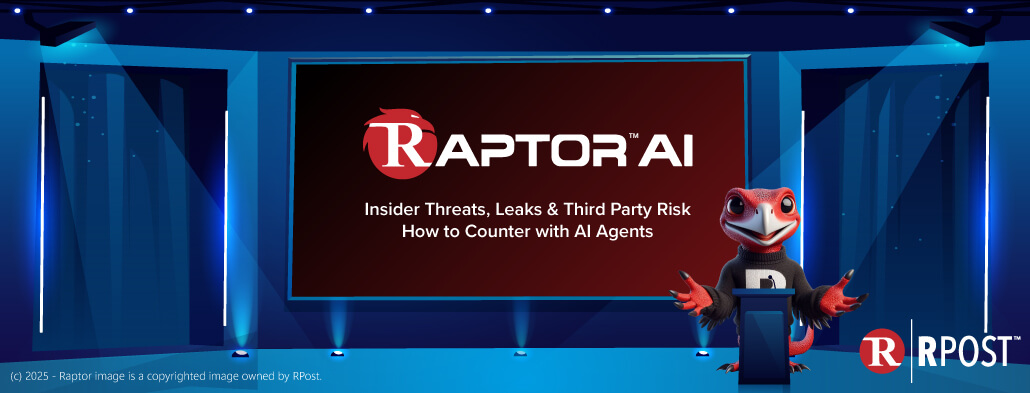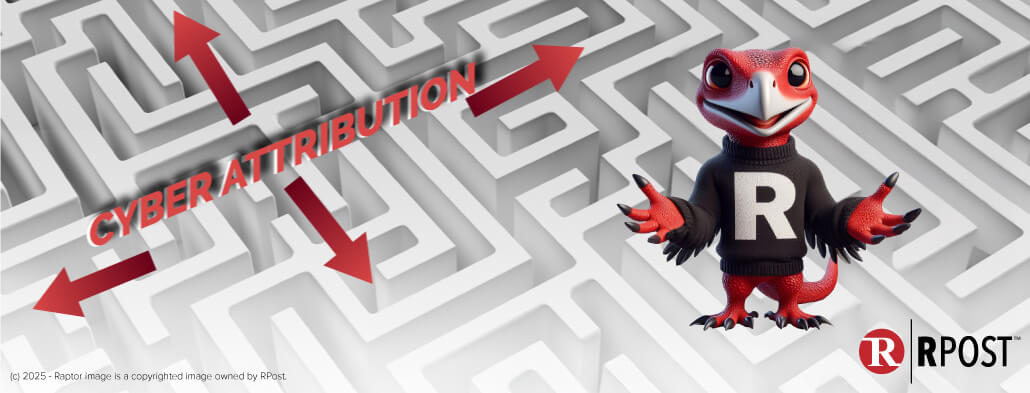
In the annals of workplace mistakes, there is a hierarchy. At one level, there is the failure to make a fresh pot of coffee after finishing off the last carafe. Maybe one level up is when you decide that it’s a good idea to microwave (in the office kitchen at 10am) that leftover fish entrée you had last night. Continuing up the ladder, you have cases like when you ding your boss’ car in the parking lot. But then there those mistakes that are existential ones—slipups that could cost not only your job but also the livelihoods of colleagues and, perhaps, the whole company.
Frankly, we didn’t get into business to save you from microwaving fish. We want to create tools that help professionals from making (or even having to think about) mistakes that could have a huge negative impact. In addition to providing insights into e-security trends, now we have some recent data to share from Gartner Research and also from a poll of legal professionals that outline the top e-security human errors that cause pain for professionals.
The good news is that we have the tools in place to prevent many of these mistakes from ever happening. Seeing as it’s Friday (and many of us still have some last-minute Halloween costumes to work on), we’ll only cover the top two today. If you want to hear about all five, please check out the free Florida Bar CLE credit session where you can learn about all of these in more detail. (Note, if you are a Florida lawyer, you can re-live the session at the above link, which conveniently includes the CLE course number embedded in the session recording.)
Mistake 1: Forgetfulness (dare I say laziness?)
According to Gartner’s October 2021 Market Guide for Email Security, “Email encryption tools have been available for a long time but have only been adopted by about 40% of organizations……The workflow is often very poor, meaning open rates of encrypted emails are historically low.”
Know more:
The barriers to use email encryption have led to many professionals expressing some serious regrets. According to a poll we conducted in tandem with The Florida Bar, 35% answered ‘yes’ to the question, “After sending an email, have you ever wished you sent it encrypted (securely)?” Seeing as encrypting email is not only a best practice in the legal field but also a requirement in many jurisdictions when the email contains sensitive information, the consequences of not encrypting out of forgetfulness/laziness can be career-threatening.
Fortunately, there’s RMail Recommends™, which provides in-the-moment e-security training that automatically sensitizes users of their need to treat certain messages differently; and encrypting if so. It also auto-adapts to users over time so that you can rest assured that you will be in legal compliance if not simply adhering to professional standards. And, since the RMail email encryption workflow (aka user experience at the recipient) is so elegantly easy, you will have very high open rates (by only the intended recipient!)
Know more: Creating Templates for Contracts
Mistake 2: Mis-Addressing Sensitive Info (“Ugh, those email addresses sure looked the same to me when I sent it!”)
According to that same Gartner study, “Outbound data loss, especially accidental data loss (misdirected emails) is increasingly a concern. Indeed, human error remains the most common reason for email data breaches…Compliance and privacy concerns…can include reputation damage from careless distribution of intellectual property…Solutions that use machine learning to analyze communication patterns…are also being used to detect potentially misdirected emails.”
Who hasn’t done this before? You mean to send your cousin Jimmy a ‘funny’ baby yoda meme, but it winds up going to Jim, the CEO of the major client your company just landed. At least you didn’t send Cousin Jimmy the confidential contract you’ve been working on with CEO Jim. But if you did, well, who knows what Cousin Jimmy is capable of now that he’s in massive debt after buying too much bitcoin? A stunning 65% of respondents in that same poll of legal professionals mentioned earlier answered ‘yes’ to the question, “Have you mis-addressed important email? (Sent to the wrong person accidentally.)” At least you’re not alone, I guess?
One of the solutions for the above issue is to use the new RMail feature, Right Recipient™, which uses predictive technology to provide a second chance for you to visually verify a full email address in an easy-to-see way for those emails that the RMail AI technology determines contain about-to-be-sent sensitive information to a recipient who you have not sent sensitive information to in the recent past – and it learns from your behaviour over time, auto-adapting.
Next week, we’ll cover more of these human errors and how we can help you avoid them—sorry, we won’t be able to help you with your microwave lunch choices. And a quick program note: On Tuesday, October 26, Steve Anderson, the insurance industry’s foremost tech expert, will be discussing these e-security human errors that can cause pain for insurance professionals. Click here to register now.

July 04, 2025

June 27, 2025

June 18, 2025

June 13, 2025

June 09, 2025